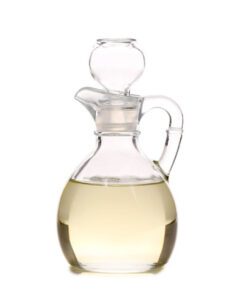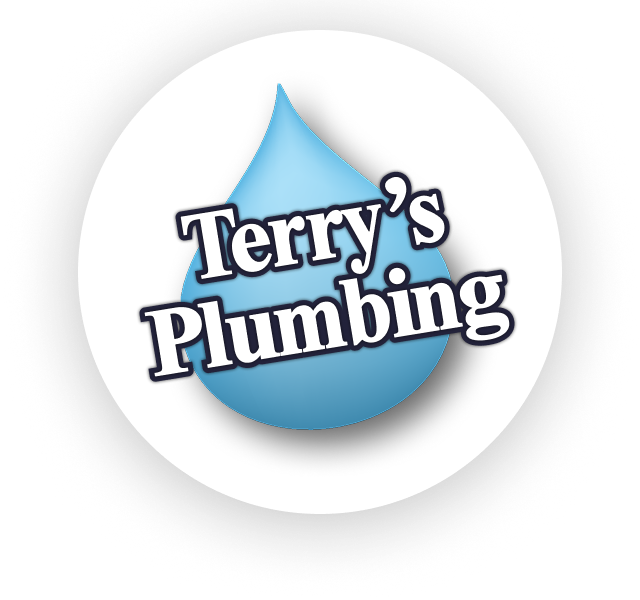Pro TIps
Hard Water and Your Plumbing System
The Salt Institute reports that almost 90% of households in the U.S. have hard water. But what is hard water, what can it do to your plumbing, and how can it affect you in normal everyday life? In today’s post, we’re going to explore these questions and their answers.
What is hard water?
Hard water is water that contains dissolved minerals, most notably calcium and magnesium. These dissolved minerals are invisible, generally tasteless, and also harmless to the human body—but not harmless to your plumbing.
How can you tell if you have hard water?
Hard water leaves behind a film on fixtures, dishes and anything else the water touches. Over time, this film can build up and create a flaky crust. You’ll be able to tell if your home has hard water because this film will become apparent on items in your home. You’ll see a flaky buildup on your shower head, drinking glasses, glass shower doors and in other locations.
What can hard water do to your plumbing system?
Hard water does the same thing inside your pipes that it does to the outside of your plumbing fixtures, which is to say, it builds up inside, forming a thick layer. Over time, this buildup will cause the passageways inside the pipes to become narrow, and your water pressure to drop. With enough time, minerals from hard water can actually clog the inside of your pipes so that water cannot pass through. When this happens, the pipes must be replaced.
As minerals build up inside the pipes, it can also cause dysfunction for your home’s plumbing fixtures. Hard water can cause your home’s shower head to make a terrible squealing noise, and can cause the faucets in your home’s sinks to leak continuously. In other words, hard water can make life in your house a crazy pain in the…you know.
What can you do to get rid of hard water?
The solution to your hard water problems is relatively simple: you need to install a water softener. A water softener is an appliance that trades the minerals in hard water for sodium ions. To do its job, a water softener needs to be refilled with salt on a regular basis.
Can you clean hard water stains off of your fixtures?
If your home has hard water stains on your plumbing fixtures, there are several commercial products that can be used to remove it, including Lime-Away and Barkeeper’s Friend. Follow all manufacturer recommendations when using commercial products.
If you don’t wish to buy commercial products, soaking the fixtures in vinegar helps as well. For a demonstration of how this works (and how this method can fix a squealing shower head), take a look at our post on this subject.
If you have hard water and don’t have a water softener, we recommend cleaning your fixtures on a regular basis to prevent the buildup from etching the metal.
How can you get a water softener in your home?
If you live in Pittsburgh, the answer to this question is easy: contact Terry’s Plumbing! At Terry’s Plumbing, we install water softeners and repair plumbing that has long been clogged with hard water buildup. To find out more about how we can install a water softener in your home, contact us today at (412) 364-9114.
